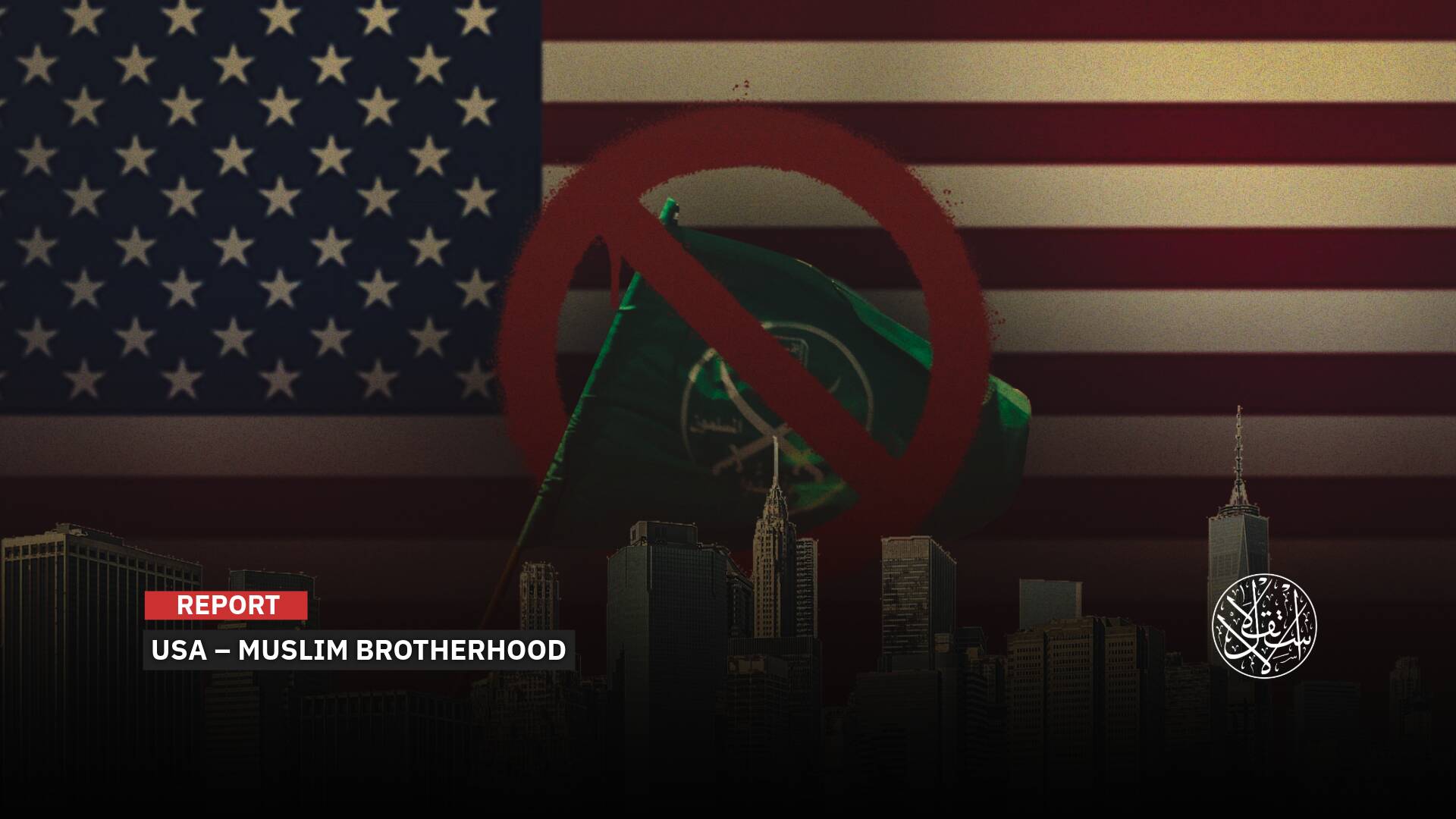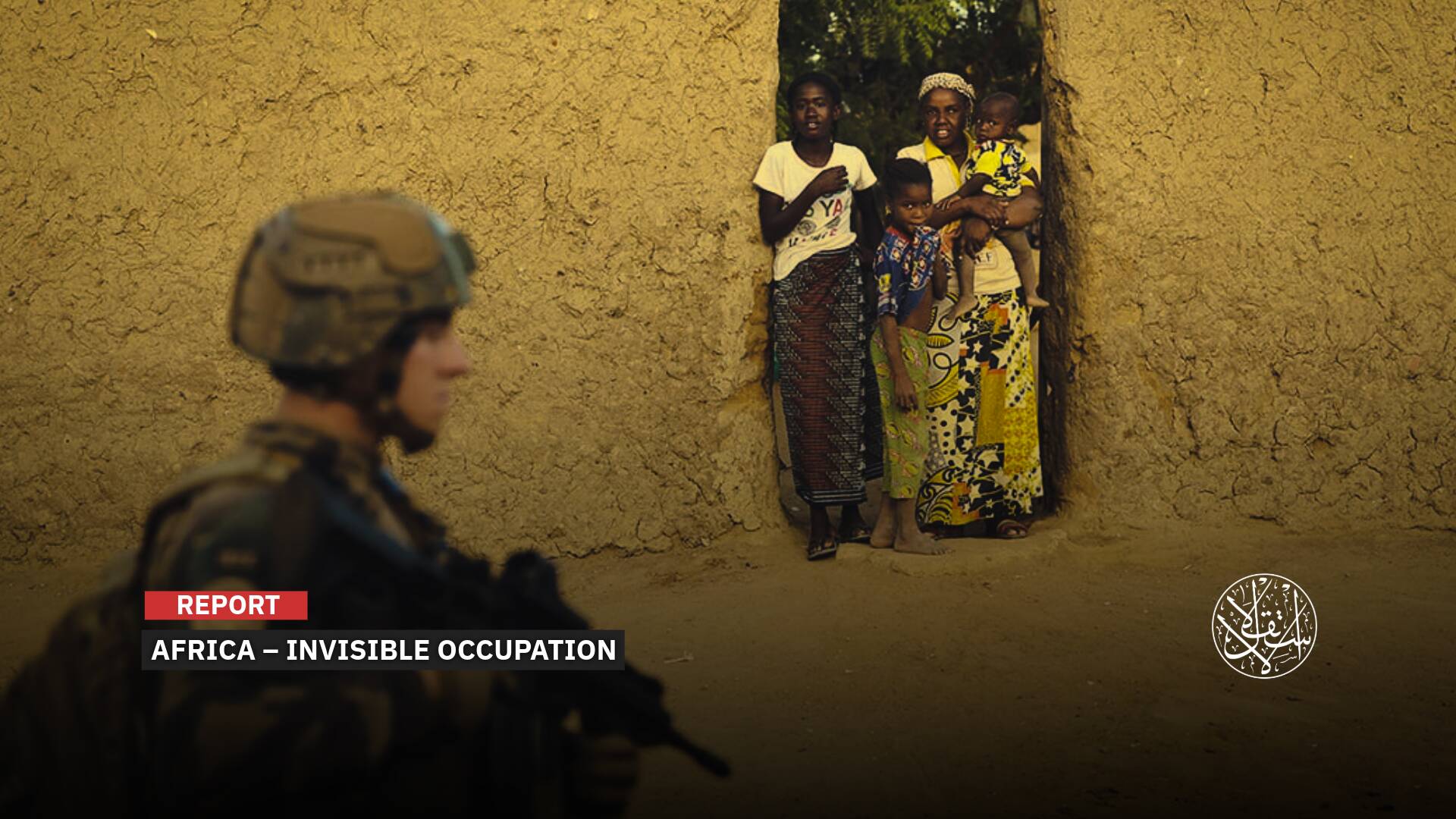Failed to Lure Crowds: What Does the World Cup Have to Do With Muted Black Friday

Far from meeting the market’s expectations, Black Friday has lost its sparkle as shops and big retail companies are witnessing thin crowds in light of the high inflation that erodes people’s demand for material goods.
Higher prices of basic and luxury goods pushed consumers to re-prioritize spending.
Low temperatures in some major states in European countries also prevented many from seizing the opportunity of exceptionally big discounts on the busiest shopping day.
However, another factor played a major role in muting Black Friday and lured people to stay in front of their TV or head to Qatar: the Football World Cup, which attracted the attention of inflation-weary consumers.
Black Friday came after Thanksgiving in the United States when buyers were expected to flock to stores after eating turkey, the favorite meal on that holiday, but market deals were unable to lure buyers, as did the Football World Cup.

Muted Black Friday
2022 Black Friday discounts were deeper than last year, but many of this week’s clothes and commodities have actually been in place since around October, says Jessica Ramirez, an analyst at Jane Hali & Associates.
Many retail companies launched, in early October, big discounts to clear excess merchandise, but most of them were kept in place for Black Friday.
Ramirez expected another 10% added as a deal for today, but it’s pretty much the same, according to her.
At the same time, Black Friday coincides with the start of the FIFA World Cup matches in Qatar, where millions of people are watching the finals with excitement.
This may seem a strong reason for the low demand for Friday deals, especially with the participation of Wales, England, the Netherlands, and Poland in the tournament during the Black Friday week.

The World Cup turned people’s eyes from the biggest market event to the stadiums of Qatar, which brought together all nationalities from all over the world. International newspapers agreed that the World Cup caused an unusual setback for the Black Friday sales, noting that it is rare for the World Cup, inflation, and the energy crisis to meet in the same period.
On Saturday, the New York Times said the poor in the United States were far from enjoying the Black Friday discounts amid the global economic crisis.
Inflation, which reached 9.1 percent last June, which was the highest level since 1981, depleted the savings of the poor and complicated their financial decisions.
However, it was not that bad for US retailers that eked out “modest growth” during Black Friday weekend with bigger discounts to lure shoppers suffering from stubborn inflation.

Footfall Figures Fighting Inflation
While online transactions may be a third higher than in 2019, fewer people are visiting retail outlets, according to Nationwide.
This, again, reflected the impact of the high cost of living and also the move toward online home working, so few are those who will be nipping out of the office for shopping.
Research by GlobalData for Future Codes predicts that Britons will spend 8.7 billion pounds ($10.5 billion) in the Black Friday sale weekend of November 25-28, a 0.8 percent increase, which is considered a significant decline in spending amid inflation.
In-store traffic ticked up to 2.9% compared to 2021, according to the Sensormatic Solutions’ data, while Salesforce Inc. said, “the average consumer discount on Black Friday was expected to be greater than 30%, up from 28% last year and close to the 33% rate in 2019.”
Bloomberg Intelligence analyst Jennifer Bartashus said on Sunday that “actual sales volumes reflect a little inflation, but it’s also reflecting some growth.”
Retailers tried hard to keep their shelves stocked last year because of the supply-chain crisis, but after over-ordering earlier this year, they were forced to make deep markdowns to get rid of excess inventory. But making the balance was hard due to inflation.
“Inflation has made it very difficult for retailers, even some of the most seasoned retailers, to effectively manage inventory,” said Bartashus.
“They had to make sure they were able to right-size inventory, have the right promotions, get people spending, and finish up the year on a strong note.”
According to McKinsey Consulting, “consumers will take advantage of one of the traditionally busiest shopping periods of the year, when purchases are increasingly centered on the Internet, to snap up Christmas deals and gifts instead of making larger, delayed purchases.”
Online Hysterical Sales
The research shows that around a quarter of consumers in Britain have already finished their Christmas shopping, while one in 10 shoppers plan to make most of their purchases on Monday, November 28.
Idealo, a price comparison service, stated that 65 percent of Italian online shoppers are ready to buy at least one product during these discounts.
In France, research by PricewaterhouseCoopers, the second-largest professional services network in the world, indicated that 70 percent planned to shop on Black Friday and Cyber Monday, a marketing term for e-commerce transactions that comes after the Thanksgiving holiday in the United States.
A report released by Adobe Analytics on Saturday said American shoppers spent a record $9.12 billion online on Black Friday when consumers took advantage of deep discounts to counter the pressures of soaring inflation.

According to the same report, online spending rose 2.3 percent on Black Friday, as online consumers looked forward to deals on big product sales even though the sales began in early October.
An estimated 166.3 million people plan to shop today, Monday, which is about eight million more shoppers than last year, according to the National Association of Retailers.
On Cyber Monday, retail companies offer deep discounts, whether online or in their stores, which may hit profit margins in the fourth quarter of the year.
The term was issued by marketing companies to persuade people to shop online and was used for the first time on November 28, 2005, to become one of the most popular days for online shopping.










